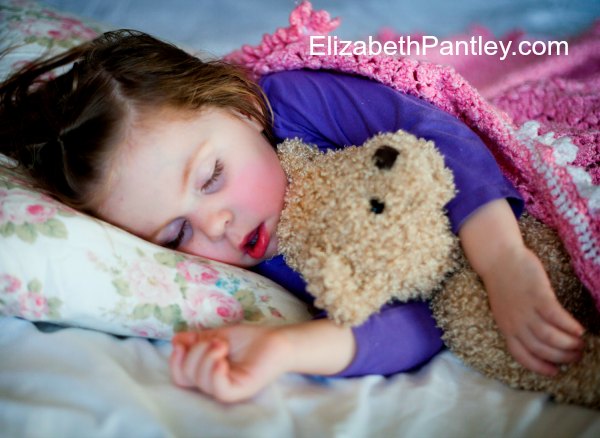
While you want your child to get good quality sleep—the amount of sleep your child gets is just as vitally important. Your child’s health, development, and temperament are dependent upon how much sleep he gets both during the day and at night.
Studies have concluded that a discrepancy of as little as one hour in the correct amount of sleep time will jeopardize a child’s ability to learn and grow, as well as raise their levels of grumpiness and lethargy during the day. It’s astounding the difference a mere 60 minutes additional sleep can make in your child’s day! This is why it’s so important to pay close attention to how much sleep your child is getting, and how much they actually need.
How many hours since your child last slept?
The amount of time your child is awake from one nap to the next, or from one nap until bedtime, is just as critical for mood and behavior stabilization as the amount of sleep they’re getting. Any parent who has seen their child begin the day happy and then slowly transform into Mr. Crankypants won’t be surprised by this. As you discern your child’s nap times and bedtime, keep the length of time they’re awake during the day at the forefront of these decisions.
How much daytime and nighttime sleep is needed?
You can use the chart below to figure out how much sleep your child needs based on their age. While some children might need more or less sleep than listed below, the majority of them require approximately the amount of sleep listed. Find your child’s age and sleep needs, and then think about how much sleep your child is actually getting in a 24-hour period. If you find that your child isn’t getting enough rest, and you think this may be impacting his behavior or health, try adding an extra nap or move bedtime a bit earlier. Pay attention to the resulting change in mood or behavior and note if the extra sleep is helping.
Sleep Chart

*These are averages that do not necessarily represent unbroken stretches of sleep, since a brief awakening between sleep cycles is normal.
**Hours shown may not always add up since children tend to sleep less at night if they take a longer nap and vice versa.
*** Newborn babies sleep 16-18 hours per day, distributed evenly over 6 to 7 sleep periods.
Copyright: Elizabeth Pantley, The No-Cry Sleep Solution, McGraw-Hill



























